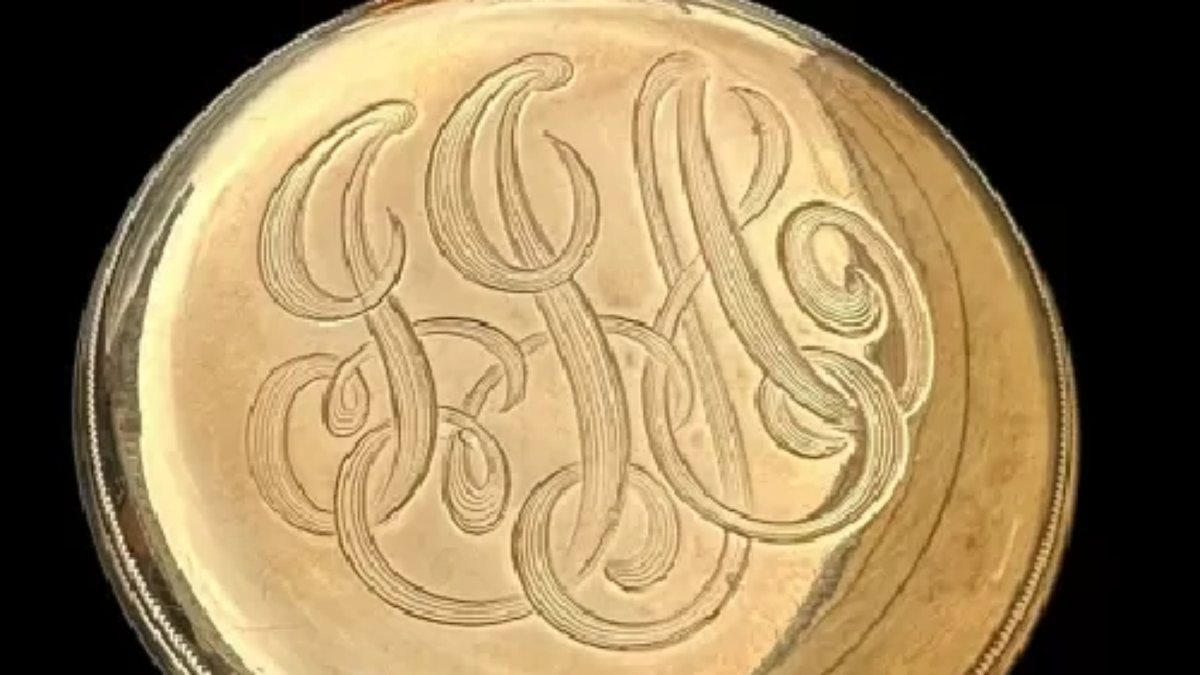With conventional treatments such as chemotherapy, dogs with certain types of cancer are 35% more likely to survive an additional year. With the development of a new anti-cancer vaccine, this probability rises to 60% – almost double.
The results were published in the journal Translational tumors In 2021, but it was only released on March 5 by Yale University in the United States. The treatment is a form of immunotherapy and is currently under review by the United States Department of Agriculture (USDA).
The vaccine has undergone multiple clinical trials over the past eight years. It was even applied to an 11-year-old golden retriever, Hunter, who also underwent chemotherapy and, two years after his initial diagnosis, no longer showed signs of cancer.
The playful dog who previously worked as a rescue dog at disaster sites now lives on just three legs. He underwent an amputation of his left front paw after being diagnosed with osteosarcoma, a type of bone cancer that kills more than 65% of dogs it afflicts within 12 months.
“Dogs, like humans, get cancer spontaneously; they grow, spread and mutate, just like human cancers,” he says. In the current situation One of the vaccine developers, Mark Mamula, is a professor of rheumatology at Yale University School of Medicine.
The specialist says he lost his dog to inoperable cancer about 11 years ago. “If we can provide some benefit, some relief — a pain-free life — that's the best outcome we can get,” he says.
Promising results
Hunter received his first dose of the vaccine before the amputation. The second dose came before the dog began chemotherapy and then received a booster dose. “He has adapted very well to having his front paw amputated,” says the dog's owner, Diana Hodgins. “He keeps running around the yard. He swims in the pool. He comes with me to train and chases other dogs around the yard.”
To date, more than 300 dogs have been treated with the vaccine during a series of clinical trials, which are ongoing at 10 sites in the United States and Canada. The results showed that the vaccine creates antibodies that find and bind to tumors, interfering with the signaling pathways responsible for tumor growth.
In addition to increasing the one-year survival rate after vaccination, the treatment also reduces tumors in many dogs. for now, The intervention only applies to dogs that have already been diagnosed with cancerBut in the future, scientists hope to discover whether this can be applied to reduce the incidence of tumors in healthy dogs.
Mark Mamula created a company called TheraJan, which should eventually produce the vaccine. “I receive many emails from grateful dog owners who were told their pets had weeks or months to live, but are now two or three years past their cancer diagnosis,” he says.

“Hardcore beer fanatic. Falls down a lot. Professional coffee fan. Music ninja.”

:strip_icc()/s03.video.glbimg.com/x720/12554906.jpg)




:strip_icc()/i.s3.glbimg.com/v1/AUTH_fde5cd494fb04473a83fa5fd57ad4542/internal_photos/bs/2024/7/E/pdoFBfQbqGIjzHD93I7A/img-7416.jpg)
More Stories
A 3.7 billion-year-old magnetic field record gives clues about the formation of life on Earth
Official portal of Campos dos Goytacazes City Hall
Brazilian scientist wins disputed Marie Curie research grant | Sciences